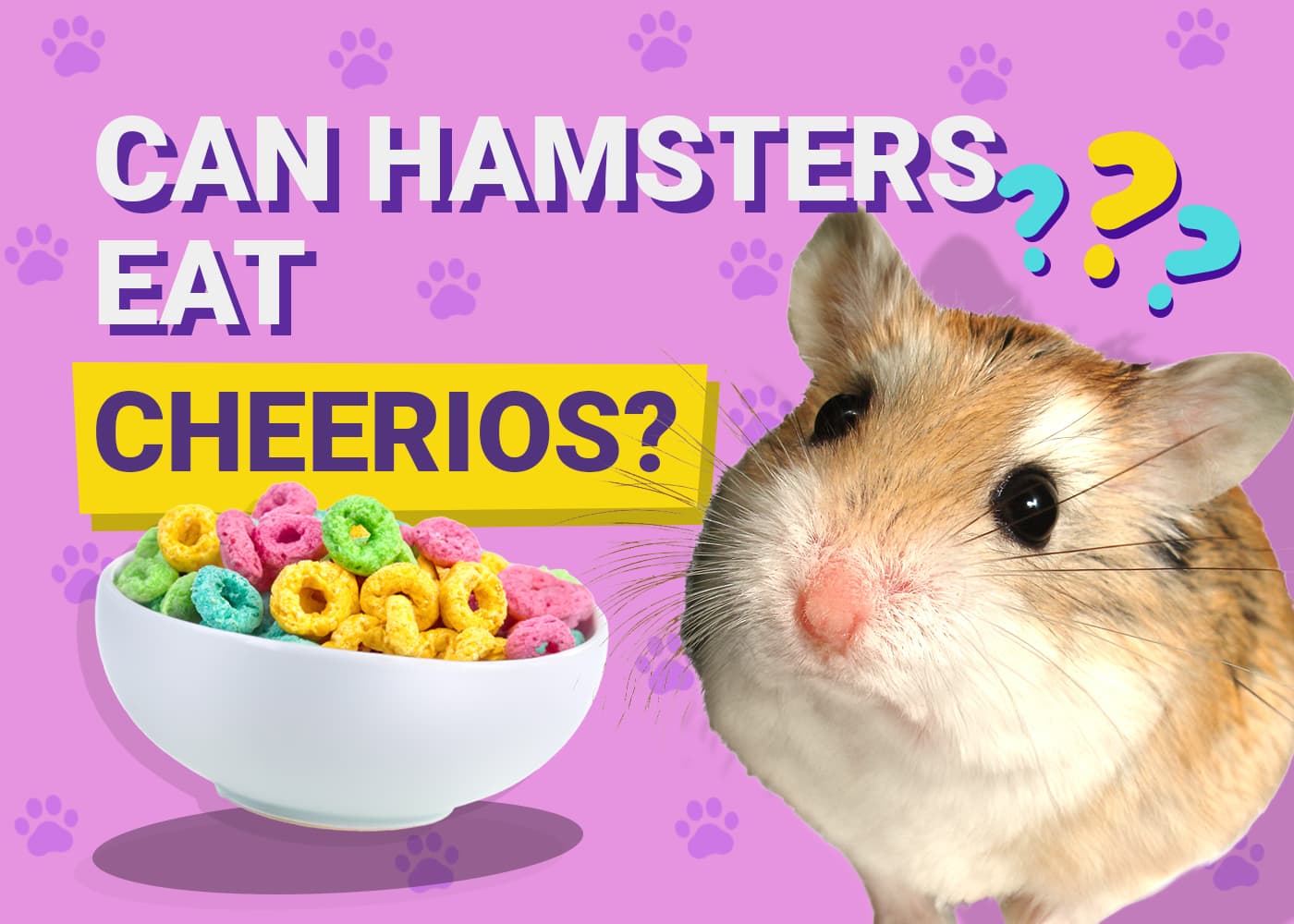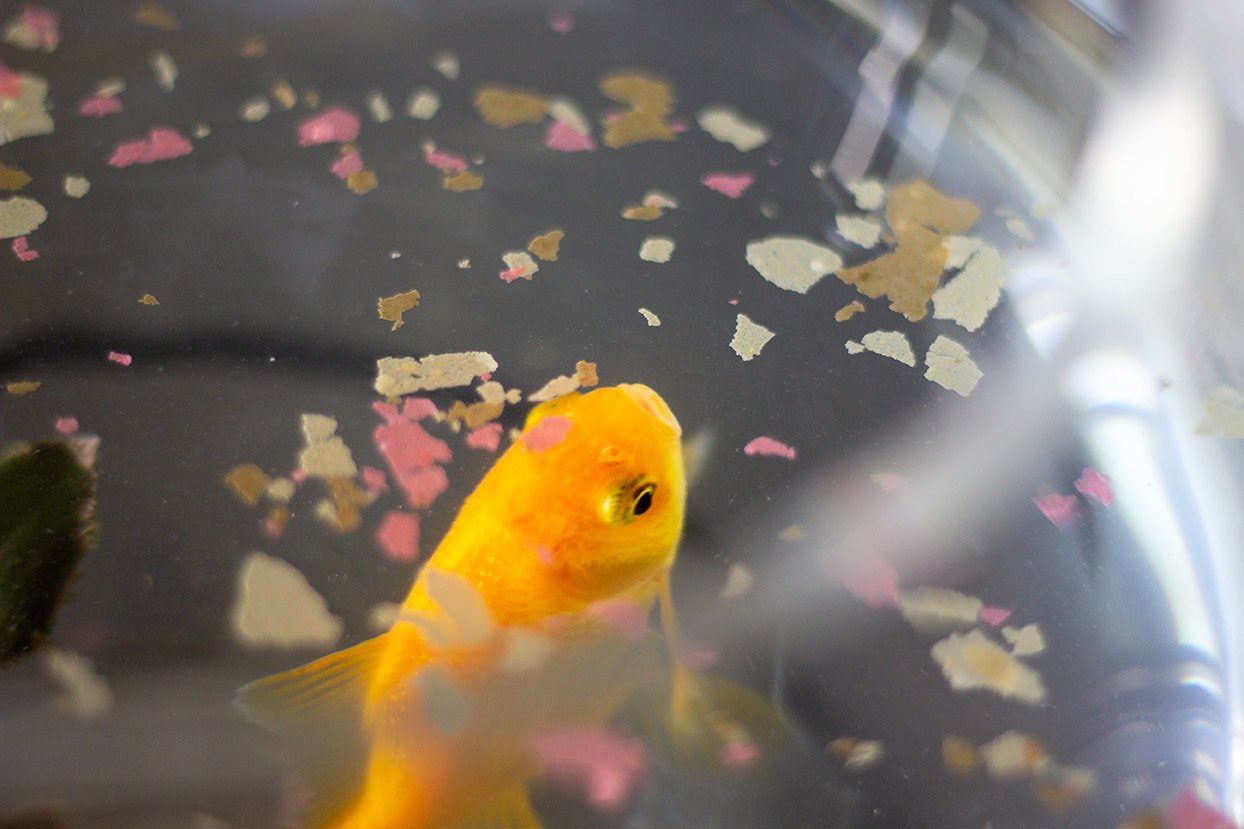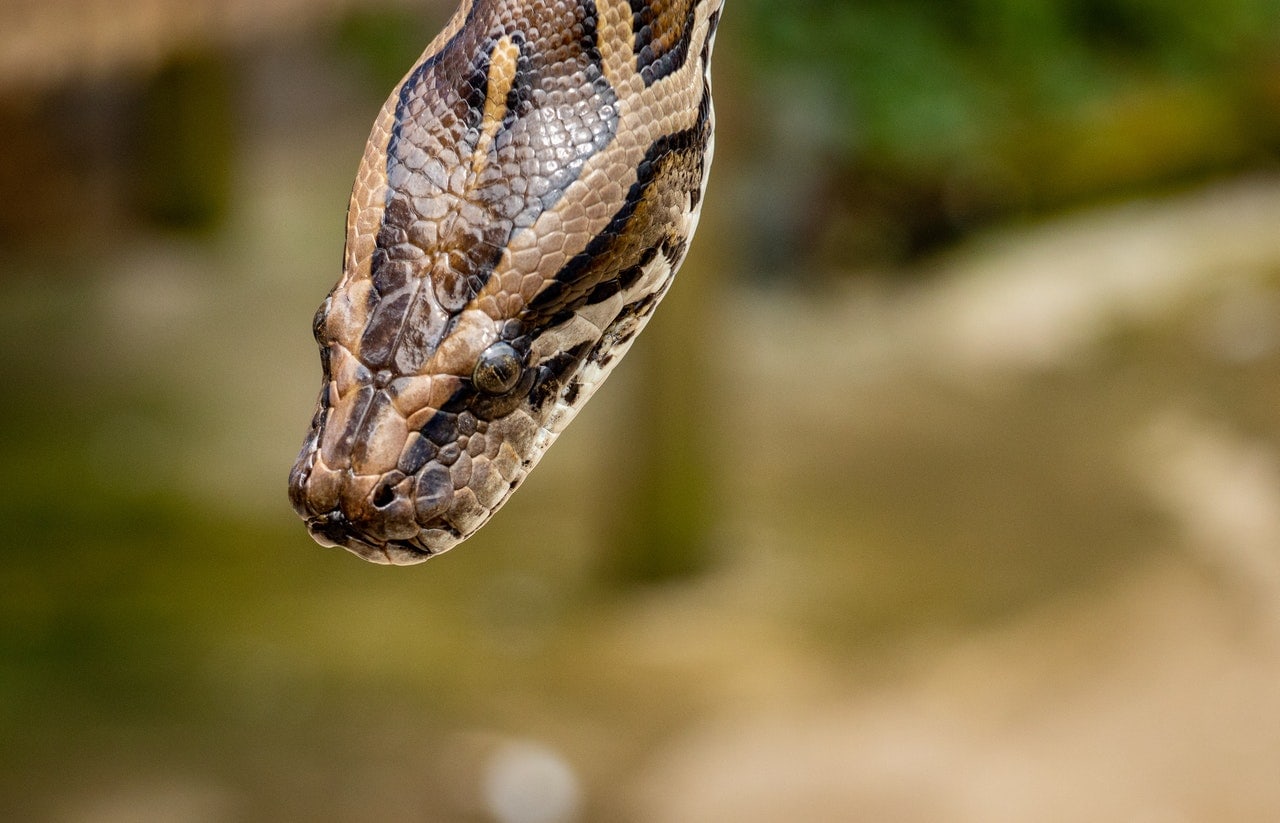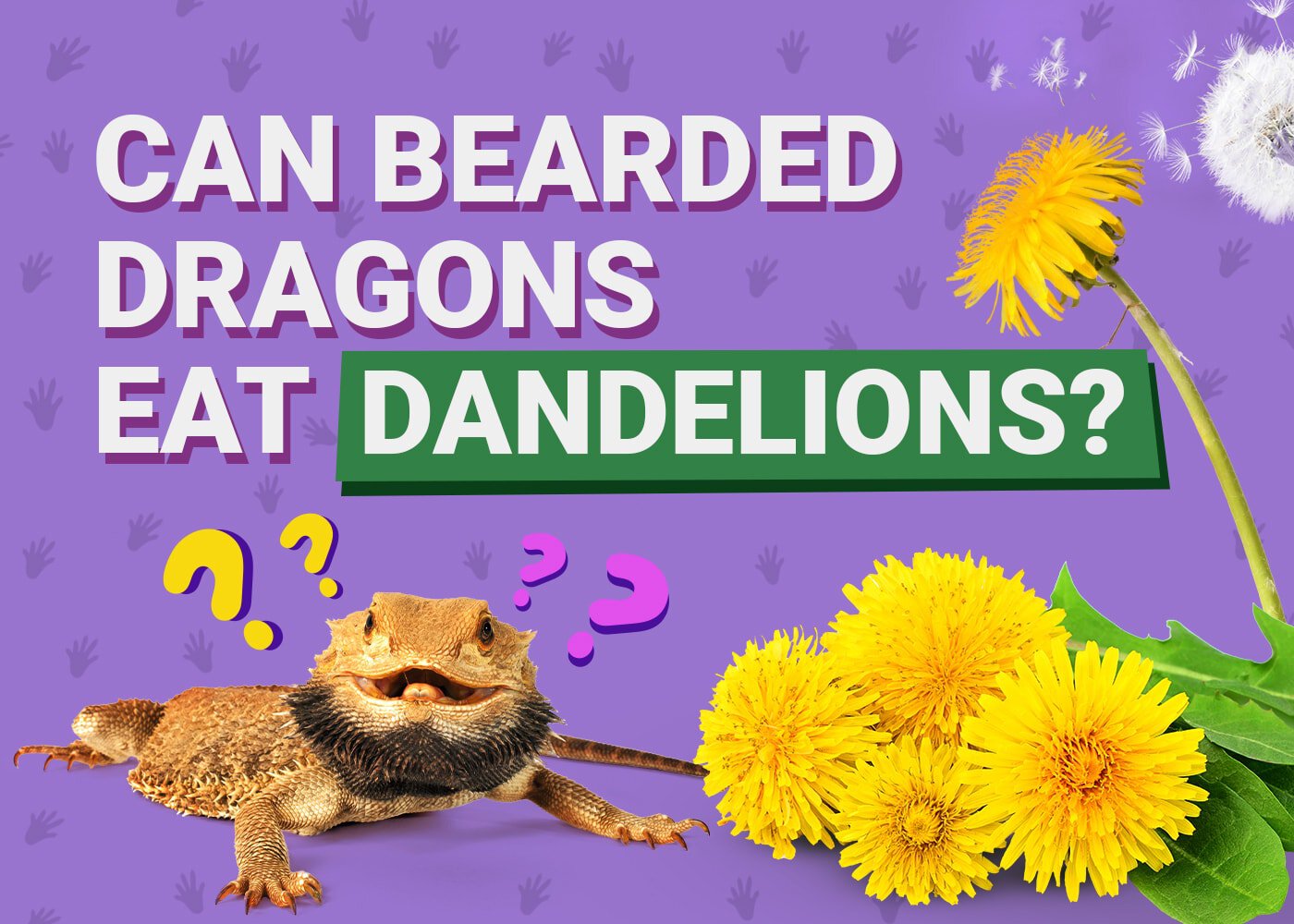VET APPROVED

The information is current and up-to-date in accordance with the latest veterinarian research.
Learn more »Cheerios is a popular, healthy breakfast cereal that many people enjoy, but can chinchillas eat it? Cheerios are not toxic to chinchillas, but that doesn’t mean they should be eating them. Cheerios have a higher concentration of carbohydrates and phosphorus than chinchillas need, so too much can lead to health issues.
Keep reading to learn more about Cheerios and chinchillas and what foods you should and shouldn’t give your pet for optimal health.

What Are Cheerios?
Cheerios is a whole-grain cereal made of oats, corn starch, salt, sugar, tripotassium phosphate, and vitamins. While most of these ingredients aren’t toxic for chinchillas, they aren’t safe.
One of the best aspects of (plain) Cheerios is that they’re low in calories and fat. They also have many essential nutrients, including iron, fiber, and vitamin D but chinchillas will not benefit from it in any way and may only experience ill effects.
Here’s the nutritional content of 1 cup (28 grams) of plain Cheerios without milk:
| Calories: | 100 |
| Fat: | 2 grams |
| Carbs: | 20 grams |
| Fiber: | 3 grams |
| Sugar: | 1 gram |
| Protein: | 3 grams |
Should Chinchillas Eat Cheerios?
Although plain Cheerios aren’t toxic to Chinchillas, they aren’t really safe either, not to mention, they are completely unnecessary. They have no ingredients that Chinchillas will benefit from, while some may put their health at risk. Chinchillas need a proper balance of calcium and phosphorus at a two-to-one ratio. Both of these essential minerals are necessary for proper health and numerous physiological functions.
Without the proper nutrients and fiber, a chinchilla can develop various health issues. That’s why a balanced diet based on hay is crucial in maintaining their digestive and dental health, and there is no place for Cheerios here.
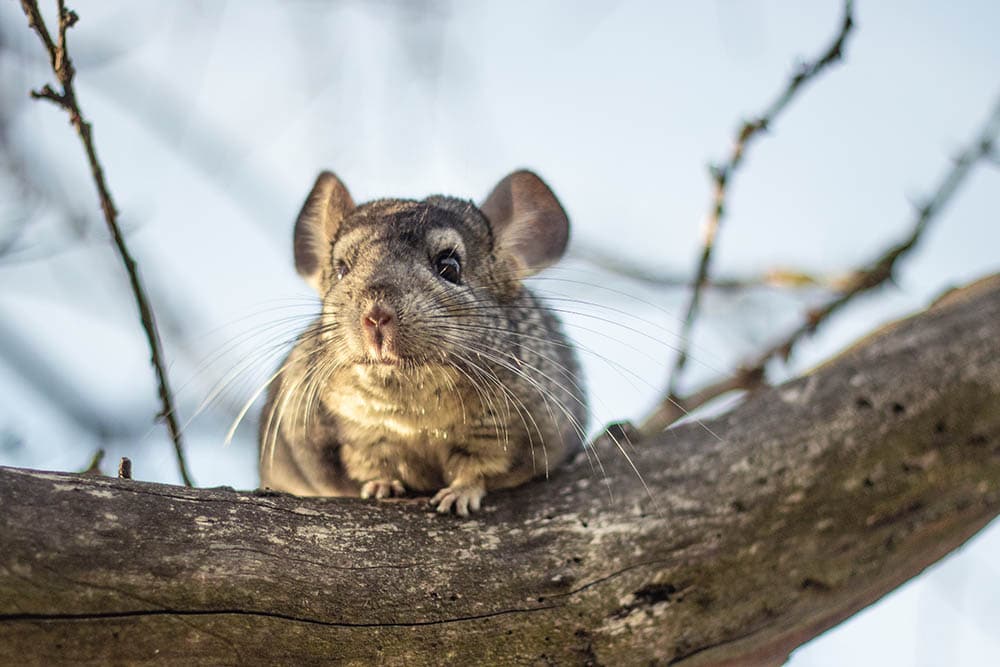
What About Flavored Cheerios?
Your chinchilla should not have any Cheerios, regardless of the flavor. Treats specifically designed for chinchillas should be the preferred option.
Avoid feeding any Cheerios to your chinchilla. There is no need for them and they will gain absolutely no benefit, while it may make them sick.
What Foods Are Harmful to Chinchillas?
- Broccoli
- Spinach
- Rhubarb
- Rhubarb leaves
- Cabbage
- Peas
- Avocados
- Asparagus
- Corn
- Bananas
- Sunflower seeds
- Peanuts
Chinchillas are herbivores and native to South America. In the wild, chinchillas eat grasses, leaves, and twigs. As a result, pet chinchillas need a diet that’s high in fiber and protein but low in moisture and fat.
These foods either contain inappropriate nutritional profiles for your chinchilla that can adversely affect their health or are poisonous to them. It’s also best to avoid foods with a high fat content, as these can make chinchillas sick or overweight.
When in doubt, avoid feeding your chinchilla anything unfamiliar, and consult with your veterinarian about an appropriate diet and treats for your individual pet.
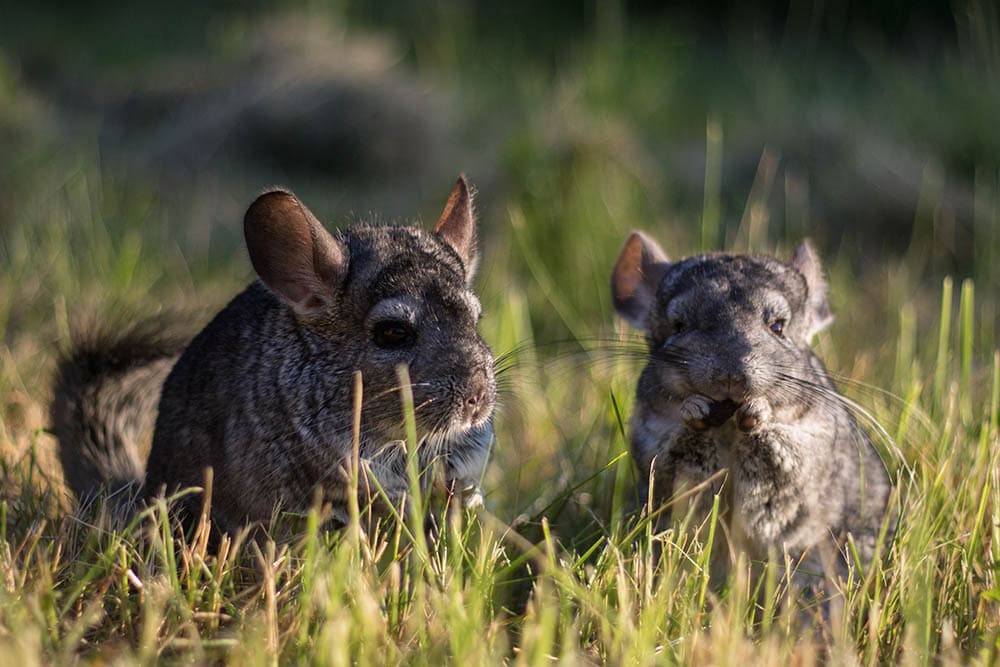
What’s the Ideal Diet for Chinchillas?
Chinchillas need a high-fiber diet that consists of grass hay, such as Timothy hay, orchard grass, oat hay, or meadow hay. You may also add alfalfa hay on occasion, particularly in growing animals, but it shouldn’t be the only hay offered. Alfalfa hay is high in calcium and can contribute to bladder stones in adults. You can add a small amount of commercially available pelleted chinchilla food to your chinchilla’s diet. A tablespoon or two each day is appropriate for most chinchillas.
Your chinchilla needs a diet low in moisture, but they should still have access to fresh, clean water at all times. Depending on the mineral content of your tap water, you may want to give your chinchilla only bottled spring or distilled water. You should clean your chinchilla’s water container each day with soap and water.
Most people offer water through a sipping bottle fastened to the side of the cage, but you can also use a bowl. Keep in mind that bowls are more likely to get dirty or spill, so you have to be diligent about changing out the water and washing the bowl. Never let water sit, even if it looks clean, since it can harbor dangerous bacteria.

Conclusion
Cheerios are not something you should be offering your Chinchilla. If they ate one by mistake, they are unlikely to experience any ill effects, but anything more than that may pose a significant health risk.
Featured Image Credit: PublicDomainPictures, Pixabay
